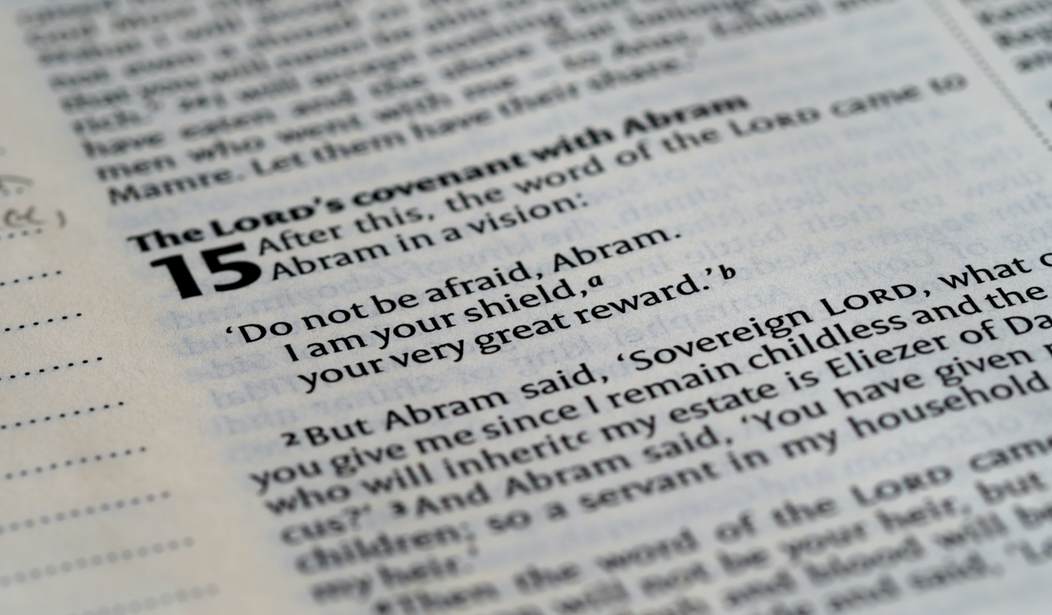If you want to take the Bible 100% literally, the story of Noah is a tough nut to crack. Even if the field of miracles, the idea that every animal on earth was floating atop a one-world ocean a few thousand years ago is pretty farfetched. Obviously, Noah’s story is completely at odds with the fossil record, regionalized wildlife (and plantlife), and common sense.
Seriously: Plantlife. After Hurricane Helene flooded my property with five feet of ocean water, all my plants were decimated. And that flooding only lasted a few hours! If the entire earth was covered with a saltwater ocean for 40 days, there’s no way they’d survive. Trust me: That salt water is brutal.
(Freshwater fish probably wouldn’t survive either, but maybe Noah had aquariums.)
The Bible details Noah’s ark, so we have an excellent idea of what it looks like (you can even visit recreations). For example, we know it was made of wood.
Well, there are about 2,000 different species of termites. (Only 45 termite species are native to the United States, thank God.) I don’t know how Noah stored 2,000 species of termites on his wooden boat, but as a homeowner in 2024, I kinda wish he hadn't.
Seriously, Noah could’ve left all kinds of unpleasant parasites behind: Head lice and tapeworms, for example. Plus, all those mosquitos, etc. It couldn’t have been pleasant.
There are approximately 1.05 million insect species, 11,000 birds, 11,000 reptiles, and 6,000 mammals. And at least TWO of each species were on the ark. Even if it only took half a second to feed (and shovel the feces of) every animal on the boat, there wouldn’t be enough hours in the day. The animals would all starve (and the boat would smell REALLY bad).
Noah also kept a pair of yaks — but not other human babies. That always struck me as odd. I mean, I have nothing against yaks (I’m pro-yak!), but with the space it took to feed and care for a pair of yaks, Noah probably could’ve cared for a dozen innocent babies. Maybe three dozen. So I don’t know why yaks were more important than helpless, sinless newborns, but here we are.
OK, I’ll stop now, because I’m sounding like an a** (even more so than normal). Finding petty flaws in the Bible is low-hanging fruit — and (in my opinion) is missing the larger point.
Besides, it’s the larger point that I care about: There are infinite ways to interpret the Bible. The Bible is about God, after all, and everyone’s image of God is different: My mental image of God differs from yours. And if we can’t even agree on the starting point, it’s gonna be next to impossible to agree on all the twists and turns in the Scriptures.
The historicity of the Bible is a tricky topic — one that’s rife with recriminations, allegations, and declarations of faith. Some scholars contend that Bible literalism is a relatively new phenomenon. Others attribute an allegorical meaning. But true believers make an excellent point: Couldn’t an all-powerful, all-knowing God just as easily create a Holy Book that’s historical AND moral? Then why must it be one or the other? Why not both?
Only God Himself knows for sure.
Interestingly, the story of Noah is probably the one tale in the Old Testament that’s most supported by outside (non-Biblical) texts. In 1849, at the ruins of Nineveh (the Biblical city mentioned in the story of Jonah), archaeologist Austin Henry Layard discovered an Akkadian text that predated the Bible. It tells the story of an ancient leader named Gilgamesh.
And in the story, there was a colossal flood.
A deity named Ea warned one human that a divine flood was coming. To survive, he must build a very large boat with very specific dimensions. (The boat’s walls were 120 cubits, for example.) And then “all the beasts and animals of the field” entered the boat, and the storm began. Soon, everything was flooded.
After many, many days and nights of a deluge, the rain finally stopped. The human then released a dove into the sky. Sensing it was safe, he then released his livestock, which took to the earth in all directions. This was followed by an animal sacrifice (sheep).
The parallels to Noah are obvious.
The story of Gilgamesh is far older than the Bible, but it doesn’t necessarily mean that the Bible copied the story. It could mean that a large-scale flood would be widely remembered. Indeed, even in the New World, legends of a world-encompassing flood are surprisingly commonplace. It’s probably humanity’s most universal legend.
Perhaps it’s the lingering memory of Noah’s ark — because it actually, really, truly happened, just like the Bible said it did! Or maybe flooding was a frequent danger when the last ice age ended and the earth was warming up, and coastal cities were especially vulnerable.
It could be all these things. Or just some of those things.
Or it could all be a coincidence.
I think it comes down to this: Do you believe the Bible is true — that every word and every claim should be taken 100% literally? Or do you believe the Bible is truth — that there’s a special wisdom within the Scriptures that can transform your soul, but truth comes in many forms, and you’ll have to work at uncovering the meaning for yourself?
Humans are simple; God is complex. It makes sense that His book would be complex, too.










Join the conversation as a VIP Member